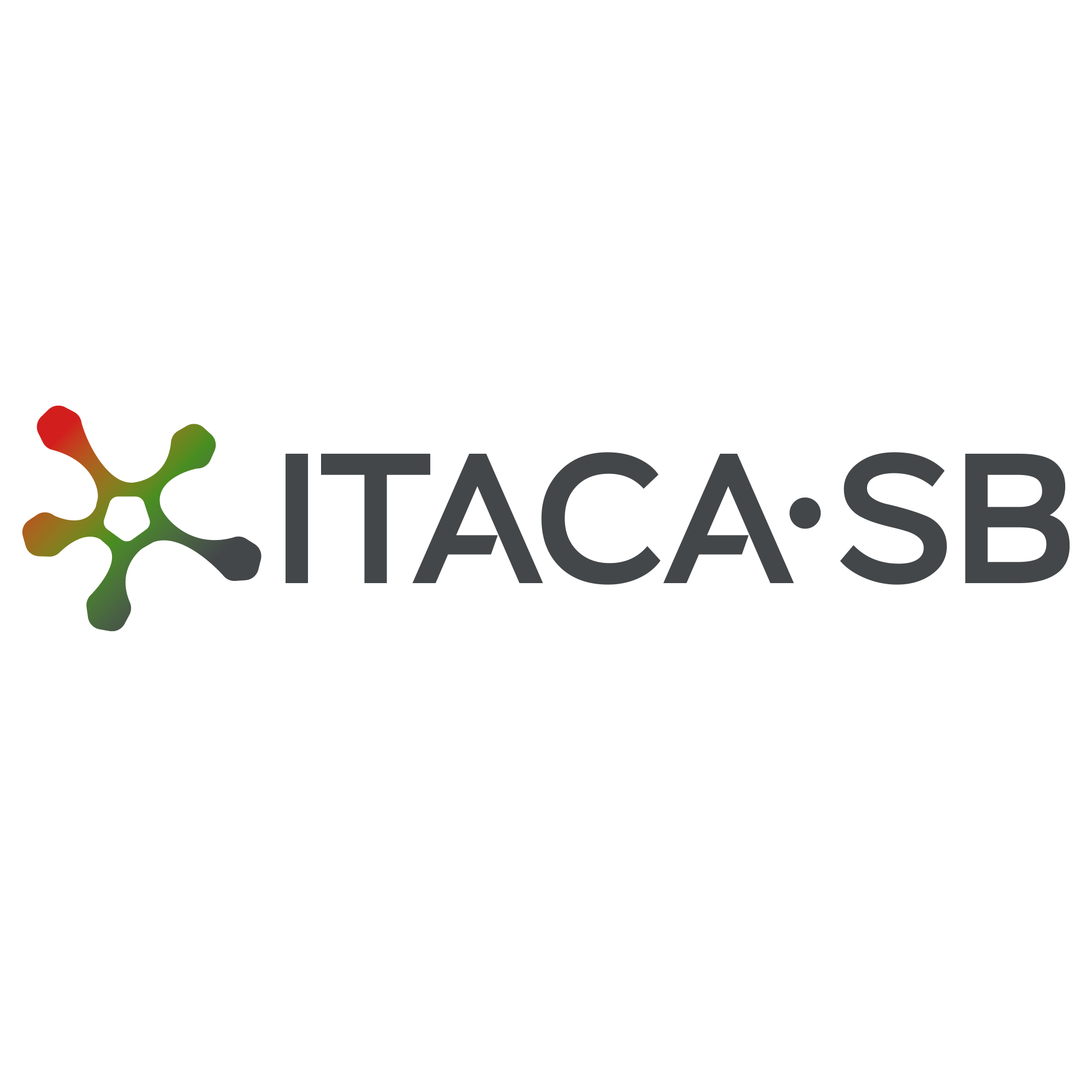04-Nov-2025
Significant strengthening of the Italian centre of Instruct-ERIC has been achieved thanks to ITACA.SB, a National Recovery and Resilience Plan (PNRR) project. The project addresses long-standing bottlenecks in service access and enhances Italy’s competitiveness and visibility within the scientific landscape, fully in line with Instruct-ERIC’s mission to advance funded access to diverse technologies and expertise supporting structural biology research.
Over the past three years, ITACA.SB has expanded the CERM/CIRMMP flagship instrumentation with novel consoles, high resolution cryogenically cooled probes and MAS probes for solid-state studies.
The range of molecular systems that can be investigated has been extended by probes dedicated to 19F and 31P nuclei, opening new perspectives for drug discovery, the analysis of protein–nucleic acid interactions, and in-cell investigations. Additional upgrades, including Bruker AVANCE NEO consoles operating at 950 and 700 MHz, enable the simultaneous acquisition of multiple experiments, thereby maximising the power of NMR. Diffusion-edited NMR experiments are now possible with the dedicated high-performance equipment installed at the wide-bore 700 MHz spectrometer. Furthermore, a 0.7 mm MAS probe for solid state NMR has been installed at the 1200 MHz NMR spectrometer.
In addition to NMR instrumentation, an ENDOR module has been integrated into the EPR system to investigate metalloprotein metal centres, providing complementary insights to NMR studies. Furthermore, ITACA.SB has reinforced the protein production and biophysical characterization capabilities within the Italian network. At CERM/CIRMMP, the installation of new ÄKTA Pure chromatography systems has automated protein purification workflows, enhancing sample purity, stability, and yield. Bacterial and mammalian expression platforms have also been expanded, supporting high-throughput protein production and in-cell NMR studies. Complementary biophysical instruments, including SEC-MALS for protein and polymer characterization, ITC systems for thermodynamic measurements, a Varian Eclipse fluorimeter for fluorescence and kinetic studies, and an SFM-4000 stopped-flow system for rapid mixing experiments now provide a comprehensive portfolio of services for studies ranging from metabolomics to integrated structural biology.
The project has also provided technical and scientific staff for implementing the new instruments and for designing protocols to expand the range of applications available at the infrastructure. In addition, the project has dedicated resources to training a new generation of structural biologists, with specific funds allocated for doctoral grants, short- and long-term internships, as well as tailored courses.
In conclusion, the ITACA.SB project has markedly reinforced the role of the Italian Instruct-ERIC Centre within the European research infrastructure ecosystem. Researchers can apply for access to these upgraded platforms via the Instruct-ERIC access portal. They will then be able to benefit from dedicated support, validated protocols and a robust scientific network.
